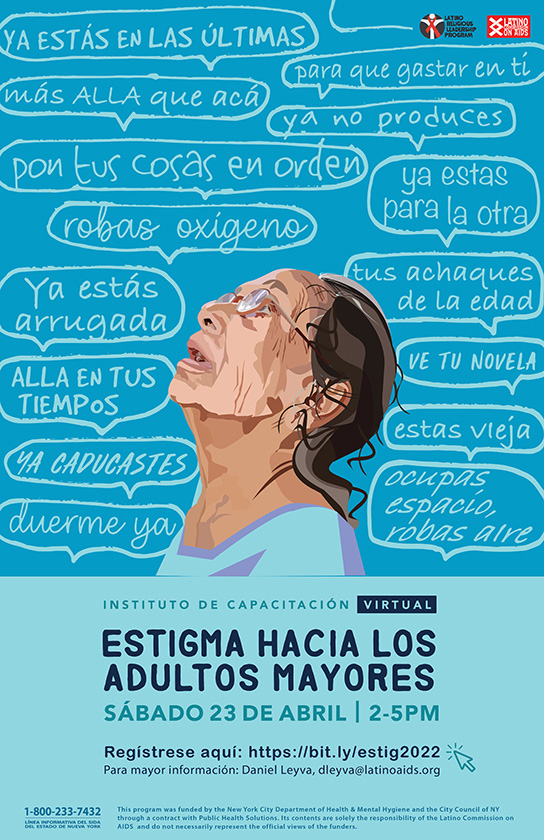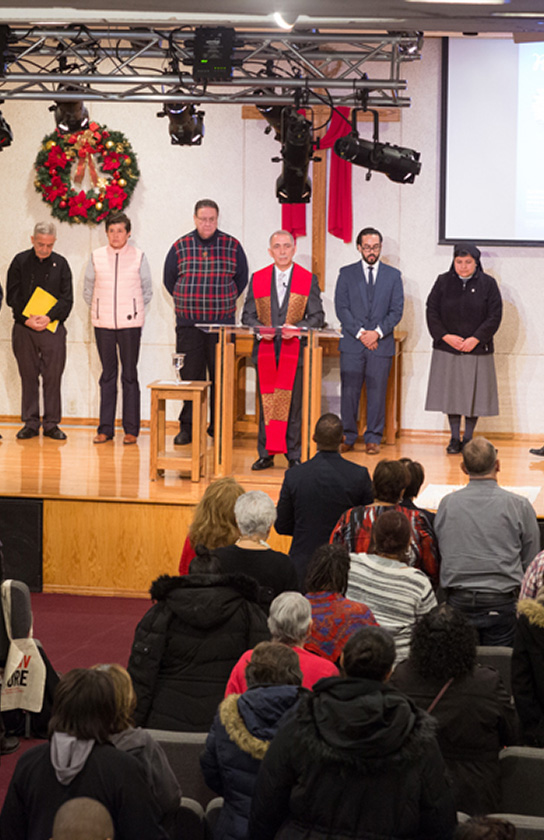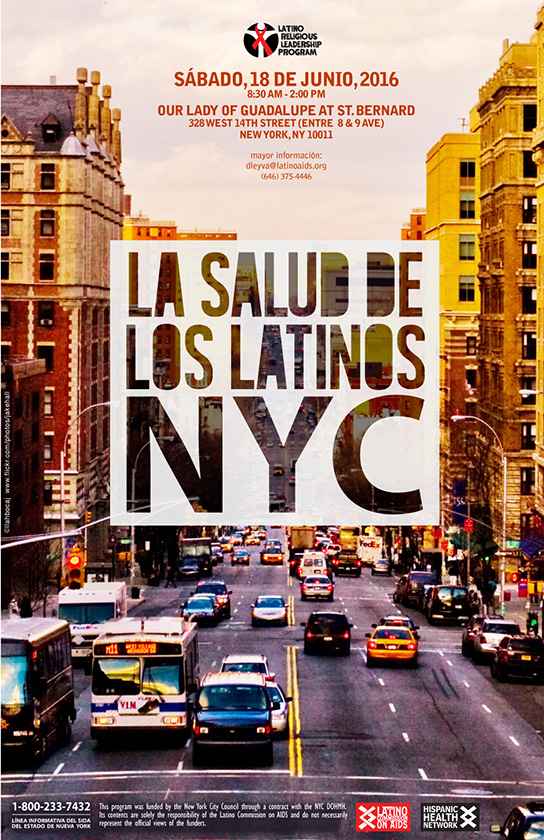Participant Churches
BRONX
- Church of San Jerome
- Co-op City United Methodist Church
- Iglesia Metodista Libre Arbol de Vida
- Iglesia Metodista Libre El Remanente
- Iglesia Metodista Unida San Esteban
- Saint Helena Church
- St. Simon Stock and St Joseph Catholic Church
BROOKLYN
- Church of the Holy Spirt and Our Lady of Charity / Nuestra Señora de la Caridad del Cobre
- Good Shepard Lutheran Church
- Iglesia Episcopal de la Sta Cruz
- Iglesia Metodista de la Cuarta Avenida
- New Jerusalem United Methodist Church
- Park Slope Christian Tabernacle
MANHATTAN
- Christ Church United Methodist Washington Heights
- Church of God of Third Avenue
- First Spanish United Methodist Church
- Holyrood Episcopal Church
- Nuestra Señora de Guadalupe
- Primitiva Christian Church / Vision Urbana
QUEENS
- Community United Methodist Church of Jackson Heights
- First United Methodist Church of Corona
- Iglesia del Espiritu Santo y Maria Santima
- St.Mark's Episcopal Church
- Unidad y Fe Lutheran Church All Saints / Todos los Santos
- United Methodist Church Jamaica Queens
STATEN ISLAND
- Our Lady of Mt.Carmelo-St Benedicta-Santa Maria Asuncion
|
Latino Religious Leadership Program
Program Description
The Latino community has deep religious and spiritual roots. We turn to religious leaders for guidance in times of crisis and need. Because HIV/AIDS, Hepatitis and STIs have impacted the lives of tens of thousands of Hispanic/Latinos and their loved ones, it is of critical importance that our spiritual leaders play an active and visible role in addressing the health challenges in our communities.
Since its beginning in 1996, The Latino Religious Leadership Program (LRLP) has established itself as a catalyst for providing health promotion, education and capacity building amongst Latino communities of faith.
The LRLP has partnered with faith based communities to develop health ministries where congregants lead health promotion activities with local community partners and enable them to provide education, support, and culturally responsive health related services.
Similarly, the LRLP educates religious leaders on the importance of health screenings, resources and referrals for key social services to reach health equity.
 Download Program Overview Download Program Overview 
 Download Participant Churches Map Download Participant Churches Map 
As the HIV/AIDS epidemic poses challenges to Latino churches in ministering to the needs of those living with HIV/AIDS and their families, The Latino Religious Leadership Project has helped churches develop health ministries where congregants learn that they can turn to the church, and its local partners, for education, support, and culturally responsive services. The Project has provided HIV health, prevention education and capacity building services to more than 100 churches in the New York Metropolitan area during the past decade.
Health Education Through Churches
The Latino Religious Leadership Program customizes
and tailors trainings, mentoring and activities to each faith community to develop or enhance health ministries. The program also organizes events that includes educational workshops, health fairs, lectures and religious services focused on health issues.
World AIDS Day
Over the past 20 years, World AIDS Day has been established as one of the world’s most successful commemorative days, focusing on raising money, increasing awareness, fighting prejudice and improving education. The theme, leadership, aims to send out the message that if people take personal responsibility, by being informed about how they can protect themselves and others. There is no reason why they can’t enjoy life and at the same time, stop the spread of HIV/AIDS. The theme’s positive approach also aims to reduce the stigma surrounding HIV/AIDS. It is now recognized and observed by millions of people in more than 190 countries around the globe including the Latino Commission on AIDS. Each year, the Commission reaches out to the community in collaboration with the Miss Universe Organization. In addition, the Commission held a vigil and nondenominational service in the evening to remember all of those who lost their battle with HIV/AIDS.
Anti-Stigma Training Institute
Usually held in February, The Anti-Stigma Institute Training is an all-day conference to gather together to learn about the stigma surrounding HIV/AIDS, which is recognized as one of the great barriers to prevention of HIV/AIDS. The conference includes a plenary session and workshops that address the stigma associated with HIV/AIDS, among some of the topics that have been discussed in previous events are: The IDU Population, People Living with HIV/AIDS, Latinas, and The LGBT Communities.
|
|
 |
| The Latino Religious Leadership Program hosts an annual training institute to provide participants with tools in how to overcome stigma within faith-based communities and families. |
|
 |
| The program hosts a non-denominational service for World AIDS Day where religious leaders highlight the importance of spiritual and physical health. |
|
 |
| The Annual Citywide Capacity Building Institute brings together communities of faith across different denominations that serve Latinos |
|
|


